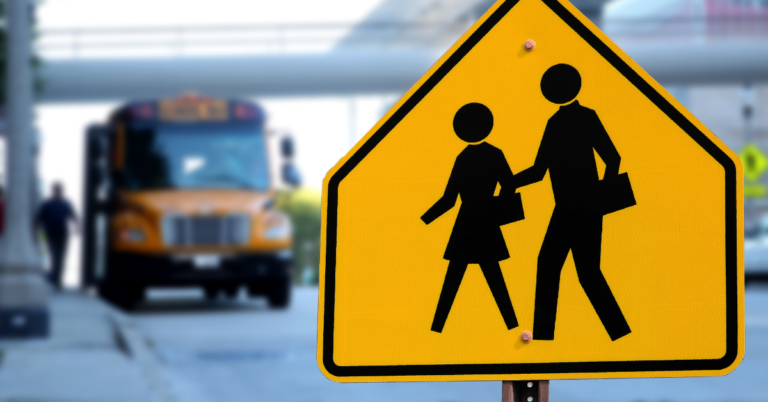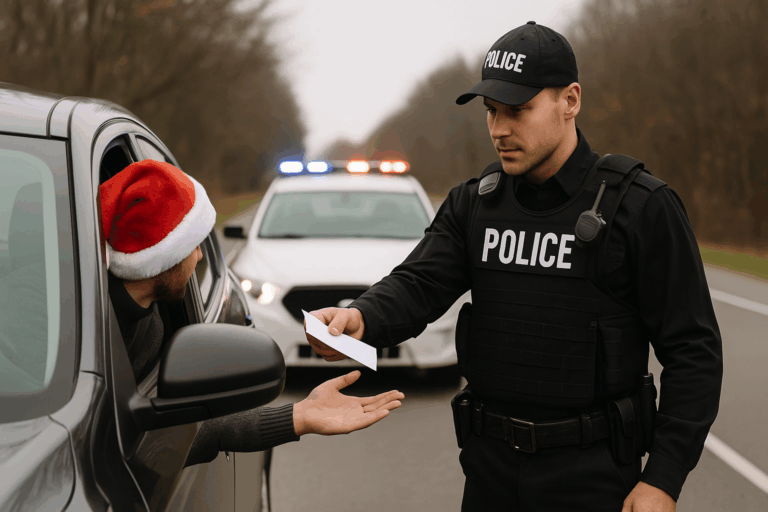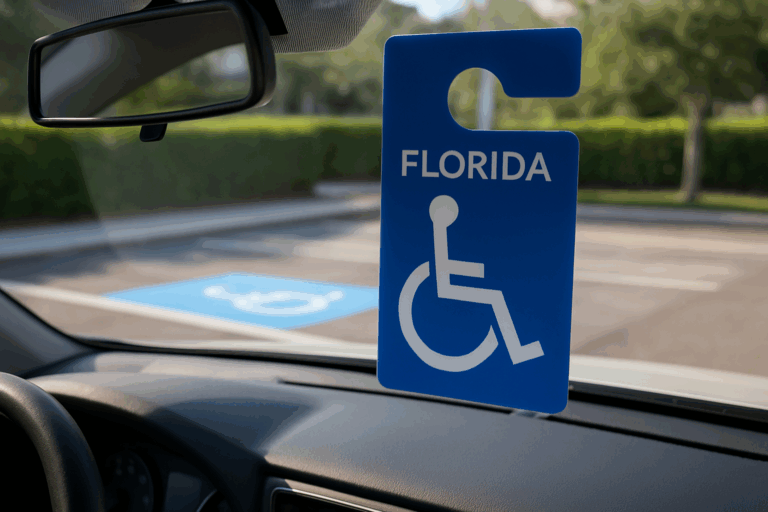Using hazard lights is a great way to make yourself aware of dangers on the road but a new law in Florida allows drivers to do a task that they had been informed was illegal for many years: the simple act of using your hazard flasher lights in the rain. A length transportation bill was signed by the governor just a few days before the law went into effect on Thursday, July 1st.
What Does the New Flashers Lights Law Do?
This law struck down the prohibition of driving with flashing hazard lights in some serious and dangerous weather conditions on roadways. Flashing lights are often used as a way to make yourself more visible to other vehicles and to indicate that your vehicle might be struggling as a result of a mechanical condition or with the weather. Drivers now are eligible to use the triangle button in their vehicle to activate their flashing lights where conditions create extremely low visibility and when those vehicles are driven on roads with speed limits at or beyond 55 miles per hour.
When Can Florida Drivers Use Their Flashing Lights?
Weather conditions that can allow drivers to activate their flashing lights include heavy rain, smoke or fog. According to AAA there are now over 40 other states that approve the use of hazard lights while operating in certain driving conditions. If you are driving in bad weather and have attempted to use your flashers but still do not feel safe, one of the best things to do is to move your vehicle to a stopped position on the side of the road. Prior to July 1, if any Florida had their hazard lights on at all without having real vehicle trouble, they were breaking the law.
According to the previous law, hazard lights were only allowed for when a car is not running on the side of the road or has broken down. The only other time that flashing hazard lights could be used prior to July 1st were when a vehicle was in a funeral procession. There were many promotional campaigns to try to remind Florida drivers that it was illegal to use flashers in rain.
Traveling in severe weather can increase your chances of not only getting into an accident but facing a traffic ticket. If you or someone you know has already received a traffic ticket for any type of illegal driving activity in Florida, you’ll want the services of an experienced traffic ticket lawyer as soon as possible.
There are mixed opinions out there about whether or not using these lights decreases accident risk. Some believe that using flashers reduces visibility for others cars. Some police officers even believe it can make it impossible for them to find the one person on the road who really has broken down or needs help in the midst of all the other flashing lights.
It’s certainly true that in really bad weather conditions, others might not be able to tell what your flashing lights mean. A driver might interpret that you’re having trouble with your vehicle or that your car is broken down, causing them to swerve suddenly to avoid you. This could end up creating an accident rather than preventing one.
Top Tips for Driving in the Rain
Remember that you can still get traffic tickets when driving in the rain, but it’s also a good idea to adjust your driving habits overall to increase your personal safety. The rain makes roads much slicker, especially when a downpour has just started and rainwater is mixing with oil on the road for a deadly slipper mix. Here are some tips to avoid getting hurt:
- Adjust your speed
- Turn on your lights if they’re not already on
- Stay in the right lane and avoid passing frequently
- Know when to pull over and completely stop or get off the road to let a bad storm pass
- Keep up the maintenance on your vehicle, including your tires
If an officer has accused you of illegally using your lights in some manner, you will want to meet with an attorney while the facts of the case are still fresh in your mind when you have the best possible opportunity to share your perspective and any evidence associated with the case.
Talk to a FL Ticket Clinic lawyer today.



